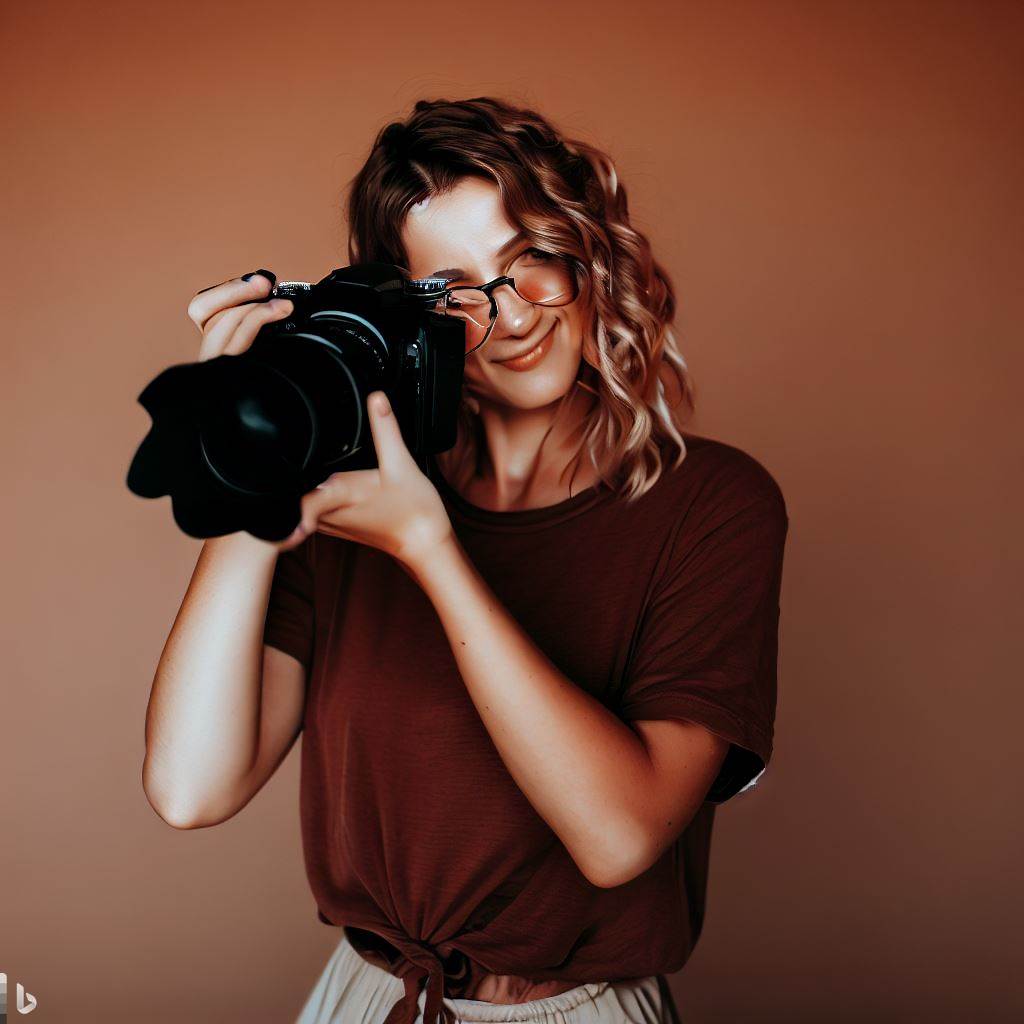Photography is a creative form of expression that has long been enjoyed by people around the world. But beyond its artistic and aesthetic appeal, photography can also be a powerful tool for improving mental health. In this article, we will explore the therapeutic benefits of photography and how taking pictures can help improve your mental well-being.
The Therapeutic Benefits of Photography
Photography can be a therapeutic tool for people of all ages, backgrounds, and skill levels. Studies have shown that taking pictures can have a positive impact on mental health, including reducing stress, anxiety, and depression. Some of the key therapeutic benefits of photography include:
Promoting Mindfulness
Photography encourages people to be present in the moment and pay attention to their surroundings. By focusing on the world around them, photographers can enter a state of mindfulness that can reduce stress and anxiety.
Providing a Creative Outlet
Photography provides a creative outlet for people to express themselves and explore their emotions. By capturing and editing images, photographers can process and express their feelings in a meaningful way.
Boosting Self-Esteem
Taking pictures can boost self-esteem and confidence by providing a sense of accomplishment and achievement. Photographers can take pride in their work and feel a sense of pride in their creative abilities.
Fostering Connection
Photography can bring people together and foster social connections. By sharing their work with others, photographers can build meaningful relationships and feel a sense of belonging.
Encouraging Personal Growth
Photography can be a tool for personal growth and self-discovery. By exploring new subjects and techniques, photographers can challenge themselves and expand their horizons.
Photography as a Therapeutic Practice
While anyone can benefit from the therapeutic benefits of photography, some people may find that incorporating photography into their regular routine can be especially helpful. Photography as a therapeutic practice involves intentionally using photography as a means of promoting mental wellbeing. Some ways that photography can be incorporated into a therapeutic practice include:
Journaling with Pictures
Photography can be used as a form of journaling, allowing individuals to capture and reflect on their experiences and emotions. By pairing photos with written reflections, individuals can gain insight into their feelings and thought patterns.
Mindful Photography
Mindful photography involves using photography as a tool for mindfulness practice. By intentionally focusing on the present moment and using photography as a means of staying present, individuals can reduce stress and anxiety.
Therapeutic Photography
Therapeutic photography involves using photography in a clinical setting as a means of promoting mental health. This may involve working with a therapist or mental health professional who specializes in using photography as a therapeutic tool.
Tips for Incorporating Photography into Your Mental Health Practice
If you are interested in incorporating photography into your mental health practice, there are several tips that can help you get started:
Start Small
You do not need to be an expert photographer to benefit from the therapeutic benefits of photography. Start by taking small steps, such as taking a few pictures each day or using photography as a form of self-expression in your journal.
Experiment with Different Techniques
Photography is a versatile medium with many different techniques and styles. Experiment with different approaches to find what works best for you and your mental health practice.
Focus on the Process, Not the Outcome
Remember that the therapeutic benefits of photography come from the process of taking pictures, not the outcome. Focus on enjoying the experience of taking pictures and exploring your creativity, rather than worrying about creating a perfect image.
Share Your Work with Others
Sharing your work with others can be a powerful way to build social connections and foster a sense of belonging. Consider joining a photography group or sharing your work on social media to connect with others who share your interests.
Photography is a powerful tool for promoting mental health and improving overall well-being. By encouraging mindfulness, providing a creative outlet, boosting self-esteem, fostering connection, and encouraging personal growth, photography can be an effective therapeutic practice for people of all ages and backgrounds.
Whether used as a form of journaling, mindful practice, or therapeutic intervention, photography can be a versatile and accessible tool for improving mental health. By starting small, experimenting with different techniques, focusing on the process, and sharing your work with others, you can incorporate photography into your mental health practice and experience the many benefits it has to offer.
So if you’re looking for a new way to improve your mental health and wellbeing, consider picking up a camera and exploring the world through the lens of your own unique perspective. Whether you’re an experienced photographer or a complete novice, the therapeutic benefits of photography are available to anyone willing to give it a try.











